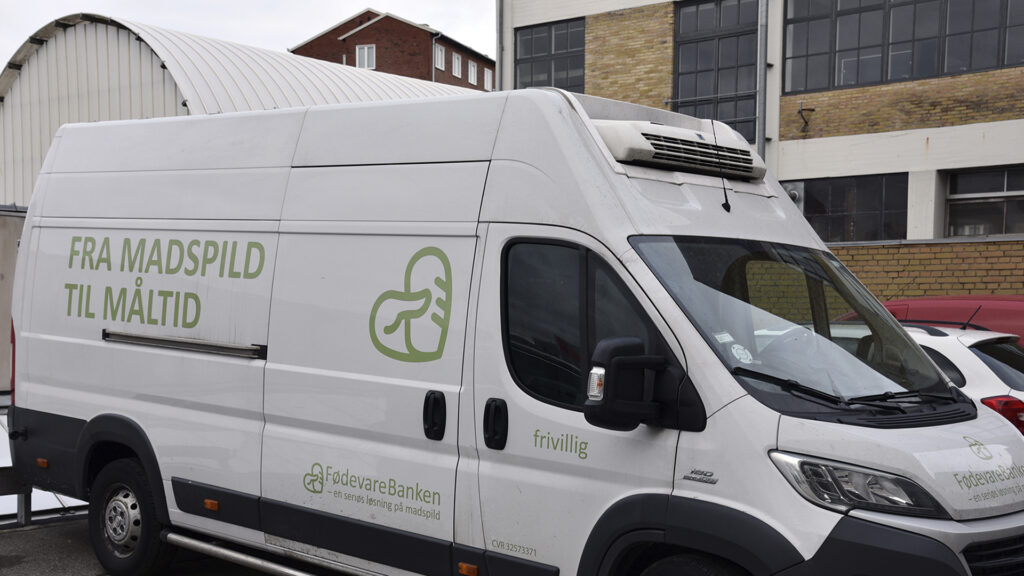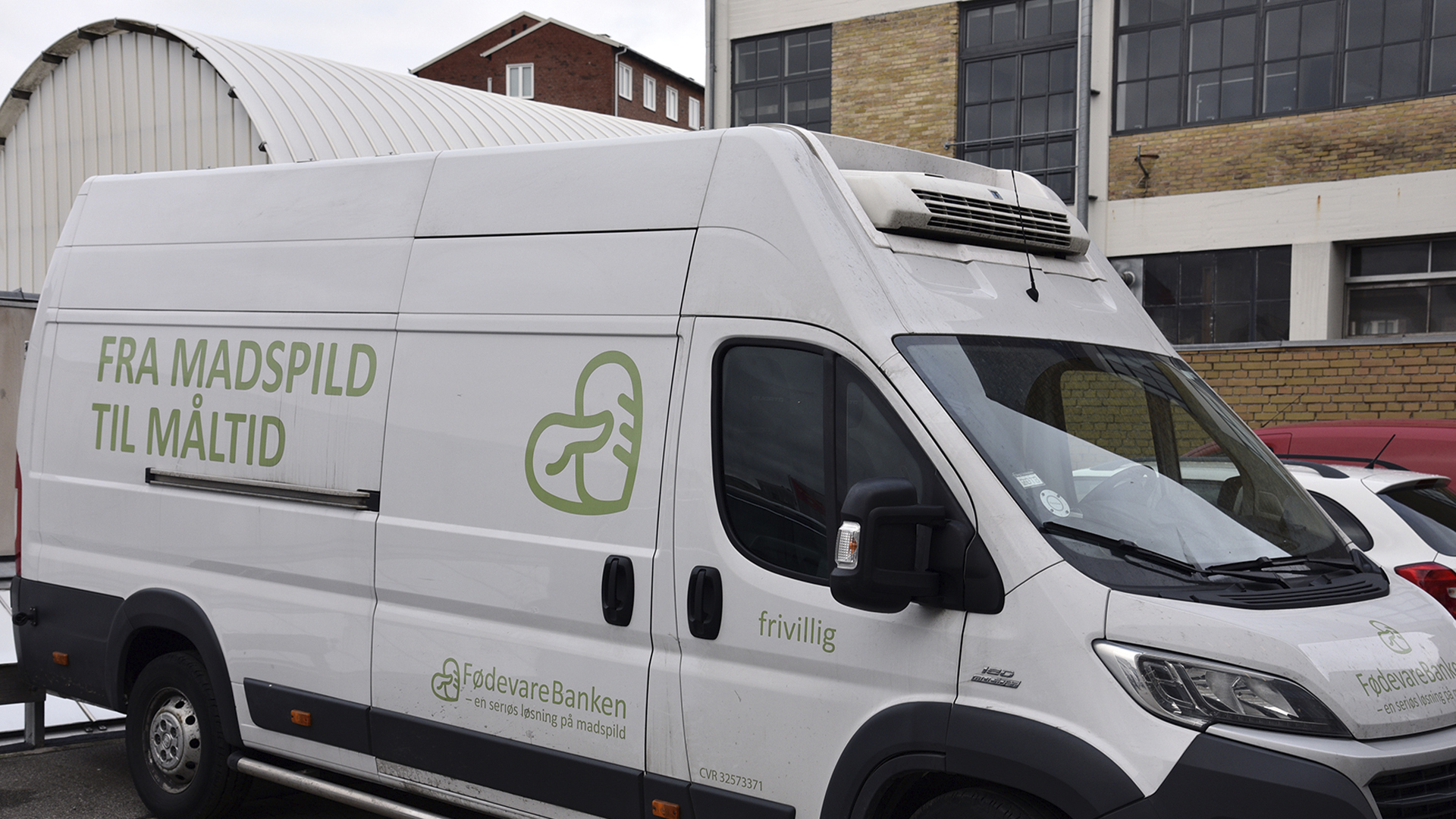
FØDEVAREBANKEN
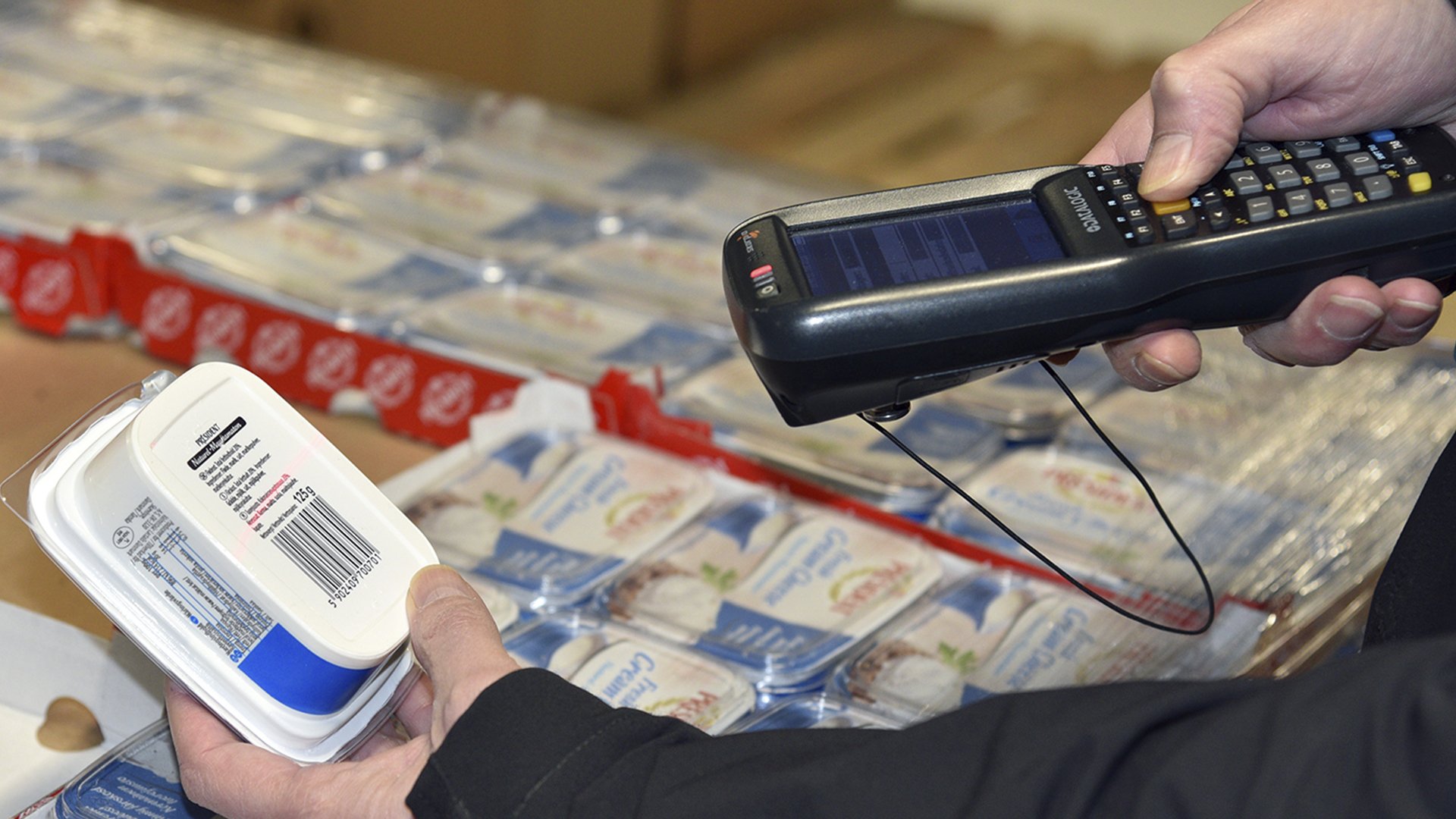
FØDEVAREBANKEN
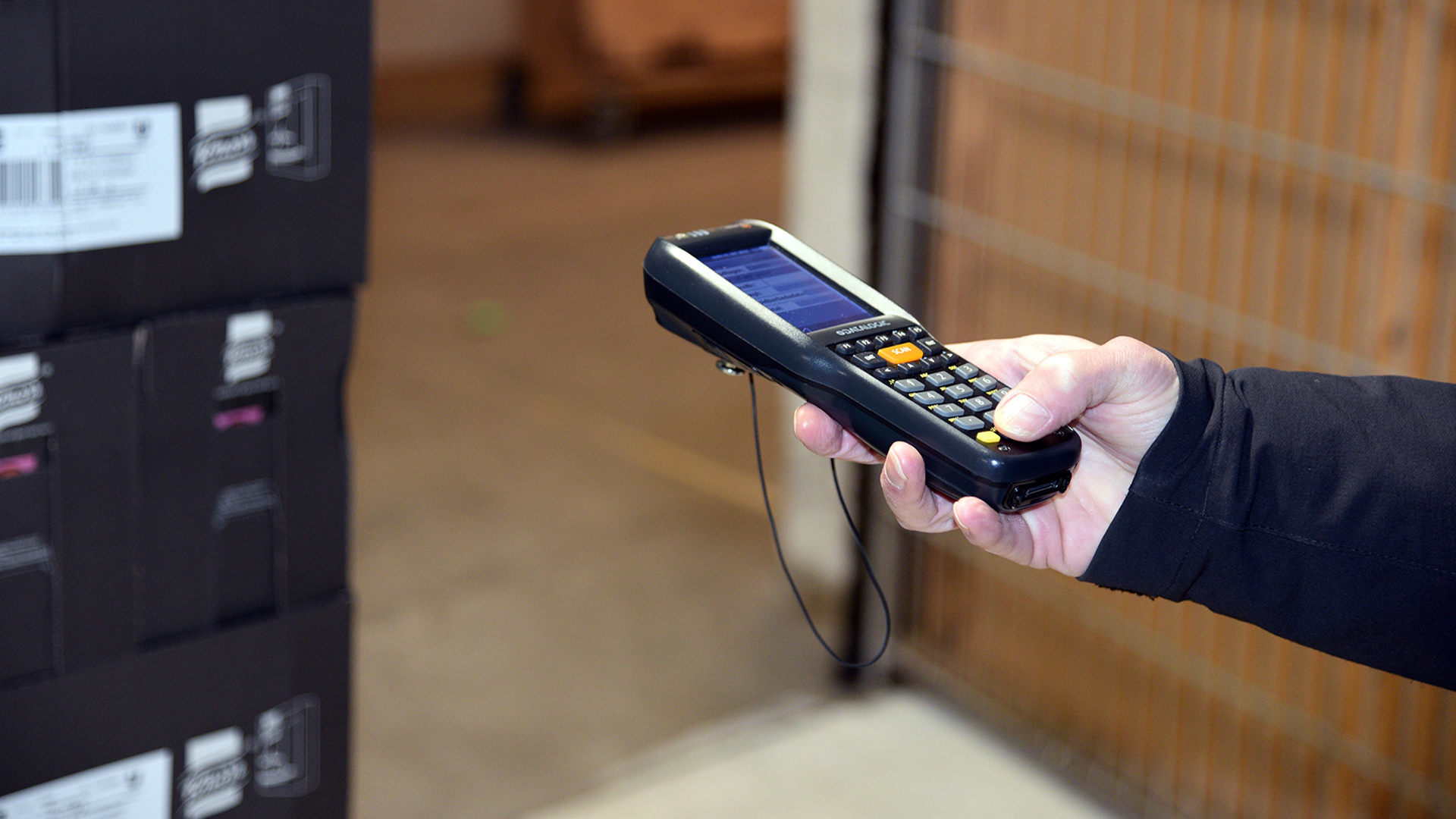
FØDEVAREBANKEN
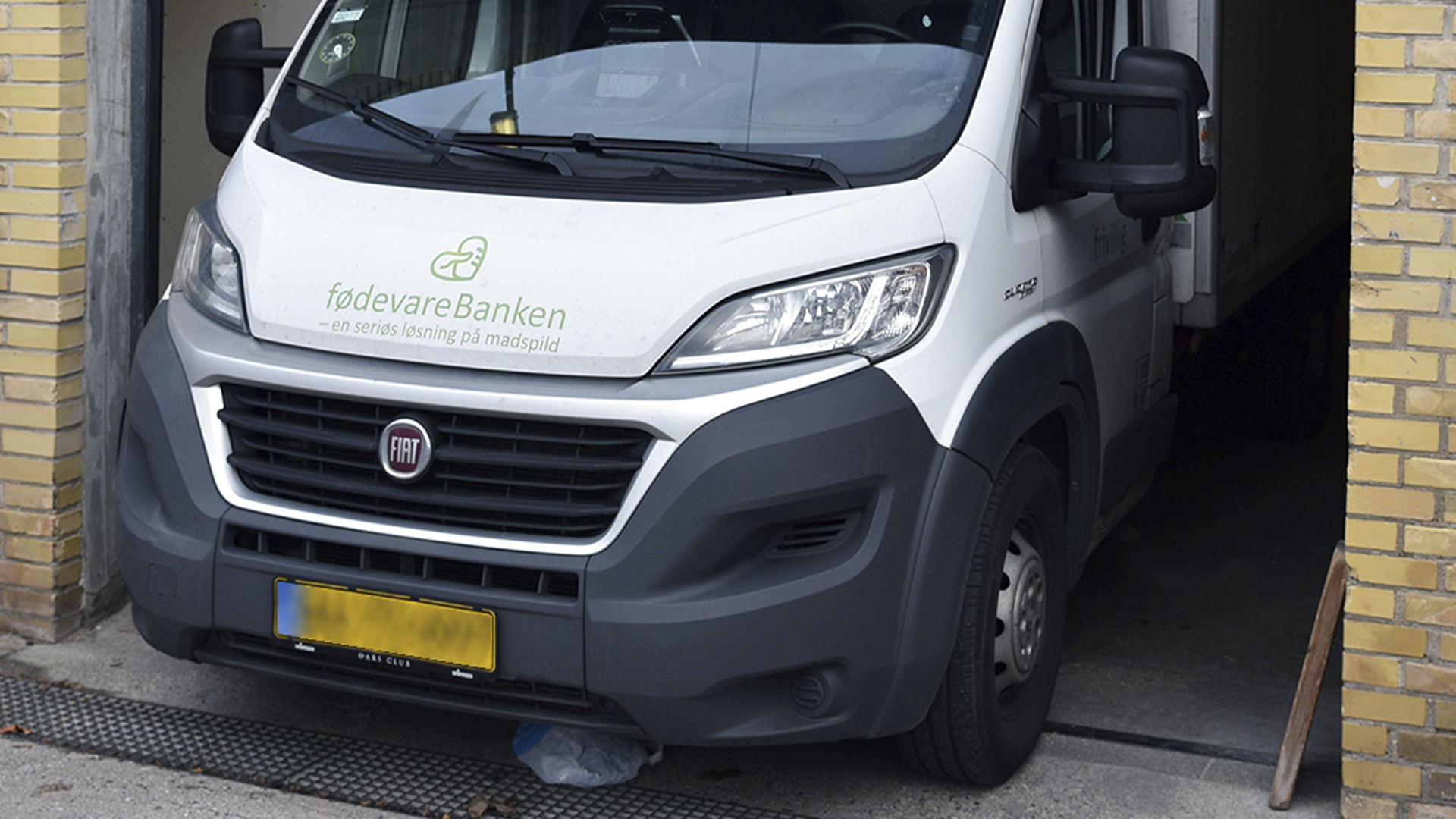
FØDEVAREBANKEN

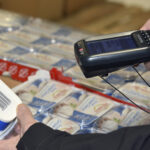
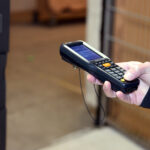
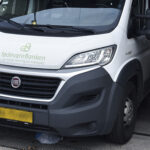
FØDEVAREBANKEN
At The Food Bank, a non-profit organization that fights food waste and food poverty in Denmark, they collect and redistribute surplus food for the benefit of socially vulnerable children and adults. Throughout the process, a high level of food safety and traceability is ensured through electronic product registration.
Hunger, food security and combating food waste are top priorities for the Food Bank, which in 2018 alone has collected and distributed more than 1,000 tons of food to socially vulnerable people in Denmark. The Food Bank collaborates with a wide range of food companies that donate their surplus food to the Food Bank on a daily, weekly or monthly basis.
The staff consists of 250 volunteers and 14 permanent employees, of which 7 are full-time. The volunteers drive out on scheduled routes delivering food to social organizations, while the permanent employees are responsible for the daily operations and distribution planning.
With the huge focus on combating food waste in Denmark, the Food Bank works on a large scale – both systematically and food-safely. Traceability is therefore a crucial factor in the collection and redistribution of food.
In collaboration with Delfi Technologies A/S, the Food Bank has therefore introduced a barcode solution for electronic product registration. This way, the Food Bank can always trace exactly where a specific batch of food has been collected and where the batch has been delivered. “Product traceability is the whole purpose of the barcode solution,” says Jeanette Koustrup Duus, Project Manager at the Food Bank:
– With the large amounts of food we handle on a daily basis, we need to ensure traceability all the way through the process. This is also one of the reasons why we use a barcode solution to register and track all food products and their expiration dates.
The Food Bank has nationwide distribution via operations departments in Copenhagen, Kolding and Aarhus. The operations departments handle the distribution and route planning so that the food can be delivered to recipients such as shelters, hostels, women’s centers and more throughout the country. The Food Bank collaborates with social organizations such as the Red Cross, the Danish Church Aid and the Christmas Seal Foundation.
In addition, the Food Bank has established cooperation with schools in socially deprived areas. The schools organize so-called ‘breakfast clubs’, which help to create social interaction and ensure children and young people the most important meal of the day. Common to all food collection is a high turnover rate.
– Generally speaking, our turnover rate is very high – over 50% of the food must be out within five days. We work according to a ‘First In First Out’ principle. This means that we make sure that the food with the shortest shelf life is distributed first, so we constantly minimize the risk of waste. We also don’t collect food that we know in advance that we won’t have time to distribute, says Leif Romanoff, who started as a volunteer at the Food Bank.
Today, Leif Romanoff is employed at the Food Bank and is responsible for the Food Bank’s inventory management. Leif Romanoff has also helped introduce the barcode solution from Delfi Technologies A/S, which consists of handheld terminals (scanners) with associated software for product registration. When collecting and delivering food, all goods are registered to ensure traceability and efficient inventory management.
– Barcodes are the key to it all. The whole solution helps to tie the logistics together and ensure product traceability. In this way, we can also create a high level of food safety. We also use the barcode solution in connection with our collaboration with festivals around the country. We go out and collect surplus food,” explains Leif Romanoff.
In 2018, the Food Bank collected a large part of the surplus food from the stalls at Roskilde Festival. The Food Bank collaborates with the organization ‘Rub & Stub’, which is responsible for the coordination between the stalls.
– At Roskilde Festival, we help minimize food waste. The bottom line is that you can do a lot yourself today to minimize food waste, and if not, you can let the Food Bank help, says Jeanette Koustrup Duus in conclusion.
